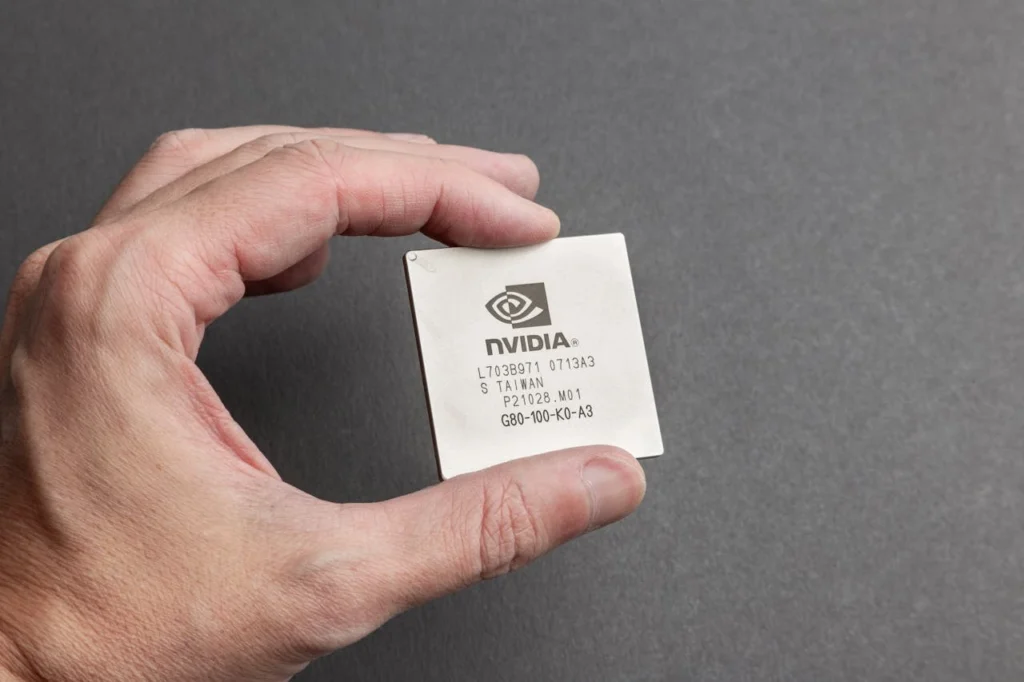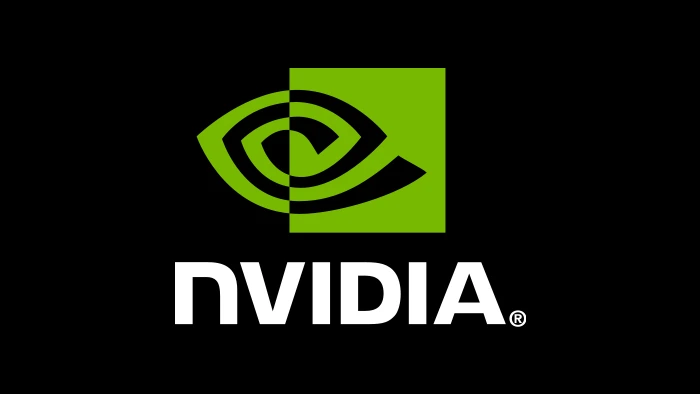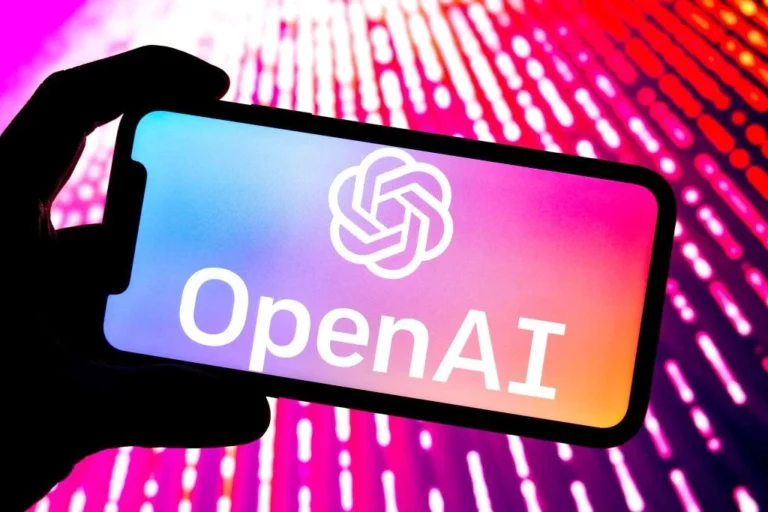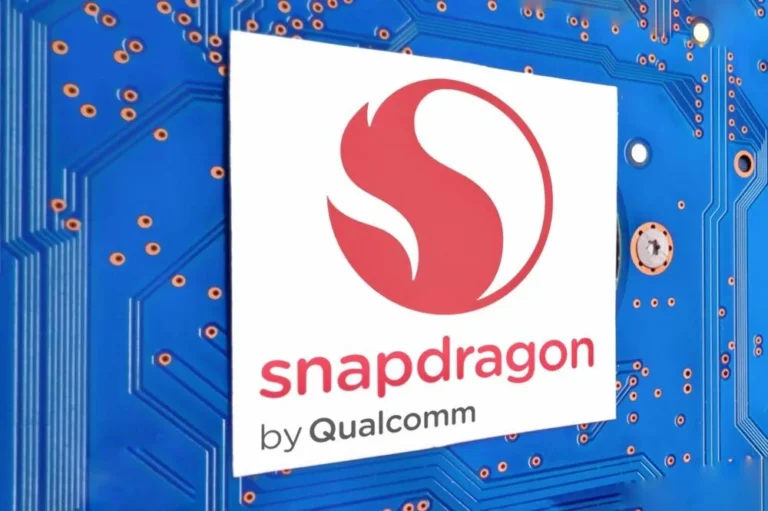Nvidia is set to supply its advanced artificial intelligence (AI) processors to major Indian companies, including Reliance Industries, as the U.S. tech leader moves to capitalize on India’s expanding AI ecosystem. Announced at an AI summit in Mumbai, Nvidia’s CEO Jensen Huang highlighted a multi-faceted partnership with Reliance and other Indian firms, aiming to empower the country’s technological infrastructure with some of the world’s most advanced AI hardware.

- Key Partnerships and AI Infrastructure Goals
Nvidia’s collaboration with Reliance Industries centers around supplying the latest Blackwell AI processors to support a massive one-gigawatt data center that Reliance is constructing in Gujarat. With a design that leverages Nvidia’s cutting-edge AI processors, this data center will stand as one of the largest AI computing hubs in India, positioning the country to play a significant role in AI-driven industries.
Nvidia also announced it will provide tens of thousands of its Hopper AI processors to support extensive data centers led by companies like Yotta Data Services and Tata Communications. These processors will enable high-performance, large-scale AI applications across sectors, from telecommunications to data processing. Huang highlighted India’s readiness for these advancements, citing its skilled workforce, large user base, and rich data resources as vital assets that make India a unique contender in the global AI race.
- India’s Growing AI Market and Opportunities
Huang projected India as a future exporter of AI innovations, contrasting its current role as a global software outsourcing hub. “India has the fundamental ingredients—AI, data, AI infrastructure, and a large user population,” he stated, underscoring the nation’s potential to lead in AI applications and infrastructure rather than just exporting services.
Many Indian businesses are leveraging AI to create customized models that cater to the country’s linguistic diversity. By developing AI that understands and operates in multiple regional languages, companies are enhancing consumer engagement and expanding AI’s utility across sectors. These AI applications support customer service, automated assistants, content translation, and more, empowering Indian businesses to use AI in ways uniquely suited to their diverse consumer base.
- Innovative Collaborations in Language AI Models
One of Nvidia’s notable collaborations involves Tech Mahindra, which will be the first to adopt Nvidia’s new Hindi-language AI model, enabling the development of Indus 2.0—a custom AI framework tailored for Hindi and its dialects. This partnership exemplifies Nvidia’s mission to support inclusive, region-specific AI that can bridge language divides and expand the reach of digital services in India.
In addition to Tech Mahindra, Nvidia is working with prominent IT companies like Infosys, TCS, and Wipro. Together, they aim to train around 500,000 developers in AI technologies, preparing them to design and implement AI-powered applications. This talent development initiative underscores Nvidia’s commitment to building local expertise that will be crucial as AI adoption expands across sectors.
- Virtual Simulation with Nvidia Omniverse
The AI giant has also collaborated with Reliance and Ola Electric to utilize its “Omniverse” simulation technology. This platform allows these companies to create virtual replicas of manufacturing setups and factories, enabling them to test and optimize layouts in a simulated environment before real-world implementation. Such virtual simulations can save costs, improve efficiency, and provide critical insights into factory workflows, making it particularly advantageous for India’s rapidly growing manufacturing and industrial sectors.
- Nvidia’s Vision for India as a Global AI Player
At the summit, Huang expressed his belief that India is poised to move beyond its current identity as an outsourcing powerhouse to emerge as a central exporter of AI-driven solutions. “India already excels in chip design and AI development,” Huang remarked, envisioning a future where India contributes AI products and services to global markets.
The launch of Nvidia’s Hindi-language AI model aligns with this vision, embodying Huang’s philosophy that every nation should develop AI infrastructure that caters to its cultural and social contexts. Nvidia has been active in India for nearly two decades, establishing engineering and design centers and maintaining offices in major cities such as Bengaluru and Hyderabad. These long-standing investments have fostered a strong presence in India, which Nvidia now aims to expand further through partnerships that contribute to AI innovation and capacity building.
- A Road Ahead for India’s Semiconductor Ambitions
While Nvidia’s collaboration strengthens India’s AI infrastructure, the nation still faces challenges in semiconductor manufacturing. The Indian government has allocated $1.25 billion to support AI startups, language model development, and other tech projects. Yet, the establishment of a local chip manufacturing industry is an extensive, capital-intensive process requiring specialized expertise.
Despite international investments and efforts to establish a semiconductor manufacturing base in India, the country has yet to produce its first home-grown chip. This emerging chip industry still lags behind established hubs like Taiwan, known for its advanced semiconductor production capabilities.
Huang acknowledged the growth potential and obstacles, commenting, “India’s contribution to Nvidia’s revenue is currently modest, but our aspirations for growth here are enormous.” Nvidia’s expanded investments and strategic partnerships underscore its commitment to becoming a key player in India’s AI sector.
- Strategic Significance and Global Impact
With India’s vast population, low-cost internet, and burgeoning digital economy, Nvidia’s investment in AI infrastructure in the region could have transformative implications for both local and global tech landscapes. By supplying top-tier AI hardware to Indian companies, Nvidia aims to position India as a global AI powerhouse capable of exporting AI-driven innovations and products.
The partnerships Nvidia has forged with Indian companies mark a significant milestone, promising to elevate India’s capabilities in AI and enabling it to play a pivotal role in shaping the future of AI technology worldwide.\






